OHCHR echoes our concerns about the DSA
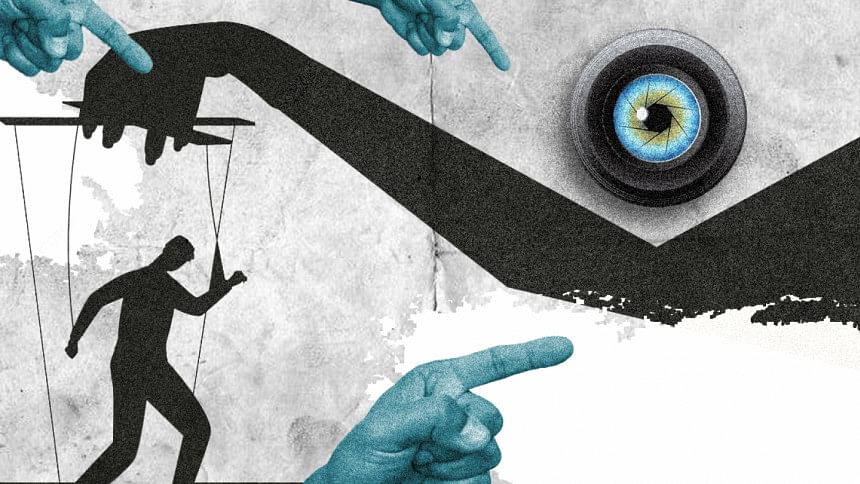
After four years of consultations with UN experts, Law Minister Anisul Haque has now outrightly rejected the most crucial part of their recommendations, saying the government won't repeal sections 21 and 28 of the Digital Security Act (DSA). He promised more consultations on amending other parts of the law and stopping its abuse. We learnt of this after the recommendations by the Office of the United Nations High Commissioner for Human Rights (OHCHR) were published in the Bangla daily Prothom Alo.
Before delving into the OHCHR recommendations, it must be noted that well before the DSA was enacted, there were widespread concerns about its likely impact on freedom of expression as the proposed provisions appeared harsher than the preceding law, the Information and Communication Technology (ICT) Act, 2006. Media representatives including the Editors' Council were at the forefront of demanding amendments in the draft legislation. They identified sections 21, 25, 28, 31, 32 and 43 of the proposed act that would limit the freedom of speech and hamper independent journalism. Civil society organisations, academics and rights groups, too, objected to these provisions and added a few more, such as sections 8, 27, 29 and 53.
Those opposing the DSA have argued that the legislation has too much ambiguity, and allows undue discretionary power to the authorities, which can be used at will to suppress criticism. They demanded amendments to remove the loopholes and ambiguity.
The OHCHR experts' suggestions are no different. But the most important thing they have reminded the Bangladesh government of is: as signatory to the International Covenant on Civil and Political Rights (ICCPR), it has certain obligations to the treaty to ensure those rights and not to enact any law that contravenes or falls short of it. It identifies the language used in the provisions as "vague and overly broad," criminalising legitimate forms of expression, and that penalties are harsher than other existing laws. There's some emphasis on removing hindrances to journalism, too.
Reviewing the "OHCHR Technical Note to the Government of Bangladesh on review of the Digital Security Act," one may wonder how punishments for the same offence can vary so much depending on the law an accused is charged under. It points out that for an offence of hurting religious values or sentiments, the sentence under the DSA is up to five years and/or a fine, and 10 years and/or a fine if repeated, while the Penal Code indicates a punishment of two years and/or a fine. The OHCHR also says that the definition of hurting religious sentiments in the Penal Code is much clearer than in the DSA. Similar disparities in sentencing for similar offences with the Penal Code have been identified in other sections, too.
Ironically, the OHCHR review reveals that offences related to religion were better defined nearly a century ago, in 1927, when the Penal Code of 1860 was amended, than that in 2018 in the DSA's Section 28. While the Penal Code describes the crime as "deliberate and malicious acts intended to outrage religious feelings of any class by insulting its religion or religious beliefs," the DSA is less precise when it only reads "hurts the religious values or sentiment." Whether a lack of legislative scrutiny and debate in formulating legislations has resulted in such poor drafting or it's the bureaucrats' deliberate attempt to keep it open for wider interpretation and abuse is hard to tell.
Highlighting the wider scope of the DSA's arbitrary use to curtail freedom of opinion and expression, the UN experts drew pledges made in Article 19 of the ICCPR: 1) the right to hold opinions without interference; and 2) right to freedom of expression, which includes freedom to seek, receive and impart information and ideas of all kinds, regardless of frontiers, either orally, in writing or in print, in the form of art, or through any other media of choice. It quoted the Human Rights Committee's general view that public figures including heads of state are legitimate subject to criticism, and penalising the articulation of opinions regarding historical facts contravene the right to freedom of expression. About Section 21, which makes "any kind of propaganda or campaign against Liberation War, spirit of Liberation War, father of the nation, national anthem or national flag" a crime, the OHCHR says this overly broad language risks criminalising legitimate expression that cannot be limited under Article 19 of the ICCPR.
The OHCHR has called for doing away with these two provisions that not only impact journalism, but also suppress opposition voices. Available unofficial data shows these are so far the most used sections of the DSA. The OHCHR then deals with sections 25 and 29 regarding defamation, Section 27 related to cybercrime, Section 31 regarding deterioration of the law and order situation, Section 32 related to breaching government secrecy and spying, Section 8 related to the power to remove or block some data-information, Section 43 allowing warrantless searches, seizures and arrests, and Section 53 referring to cognisable and bailable or non-bailable offences.
All these sections one way or another affect journalism and free flow of information. The OHCHR has suggested decriminalising defamation like many other countries. It argues that even if criminal liability is kept, it should be defined narrowly and include defences, such as the defence of truth or a defence for public interest. It has long been demanded by the journalist community in Bangladesh as such criminalisation discourages the media from publishing critical information and impedes legitimate journalistic work. In this provision, too, penalties are more than double of what is prescribed in the Penal Code. Similar deterrent impact on journalism comes from Section 32, which makes investigative journalism almost impossible, which is crucial for public interest and holding power to account.
It rightly calls out the Bangladesh Telecommunication Regulatory Commission (BTRC) as an executive branch of the government and stresses the need for a judicial oversight in case of blocking and removing content. Highlighting the wider scope of abuse of power by police in seizure and arrests for breaching data, it asks the government to amend the law and make provision for judicial pre-authorisation. Differentiating between a cybercrime and cyberterrorism, it calls for making the law more precise.
Another important reference the OHCHR draws from the ICCPR is about pre-trial detention, where it suggests releasing the accused pending trial as the general rule – right to presumed innocence until proven guilty by a court of law – and not including vague and expansive standards such as "public security."
These recommendations are nothing extraordinary, but rather reflective of the views of most Bangladeshis. Accepting those will make Bangladesh fulfil its obligations to the ICCPR. There's no justification for rejecting the OHCHR's recommended course of rectifying the controversial DSA other than weaponising it to suppress critical voices, pushing the country towards authoritarianism.
Kamal Ahmed is an independent journalist. His Twitter handle is @ahmedka1

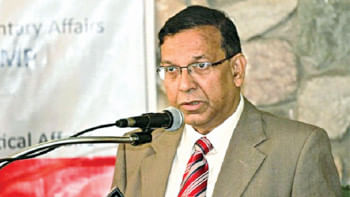
 For all latest news, follow The Daily Star's Google News channel.
For all latest news, follow The Daily Star's Google News channel. 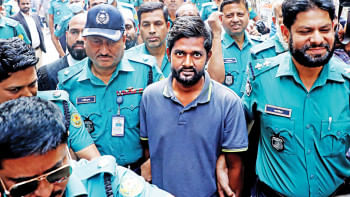
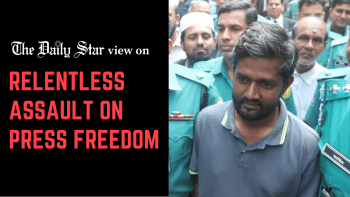
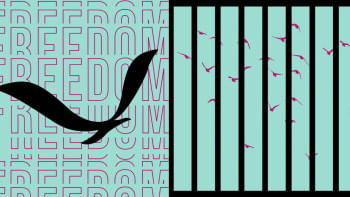
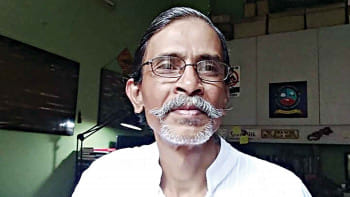


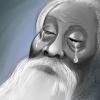
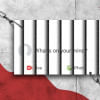
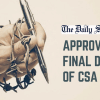
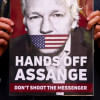


Comments